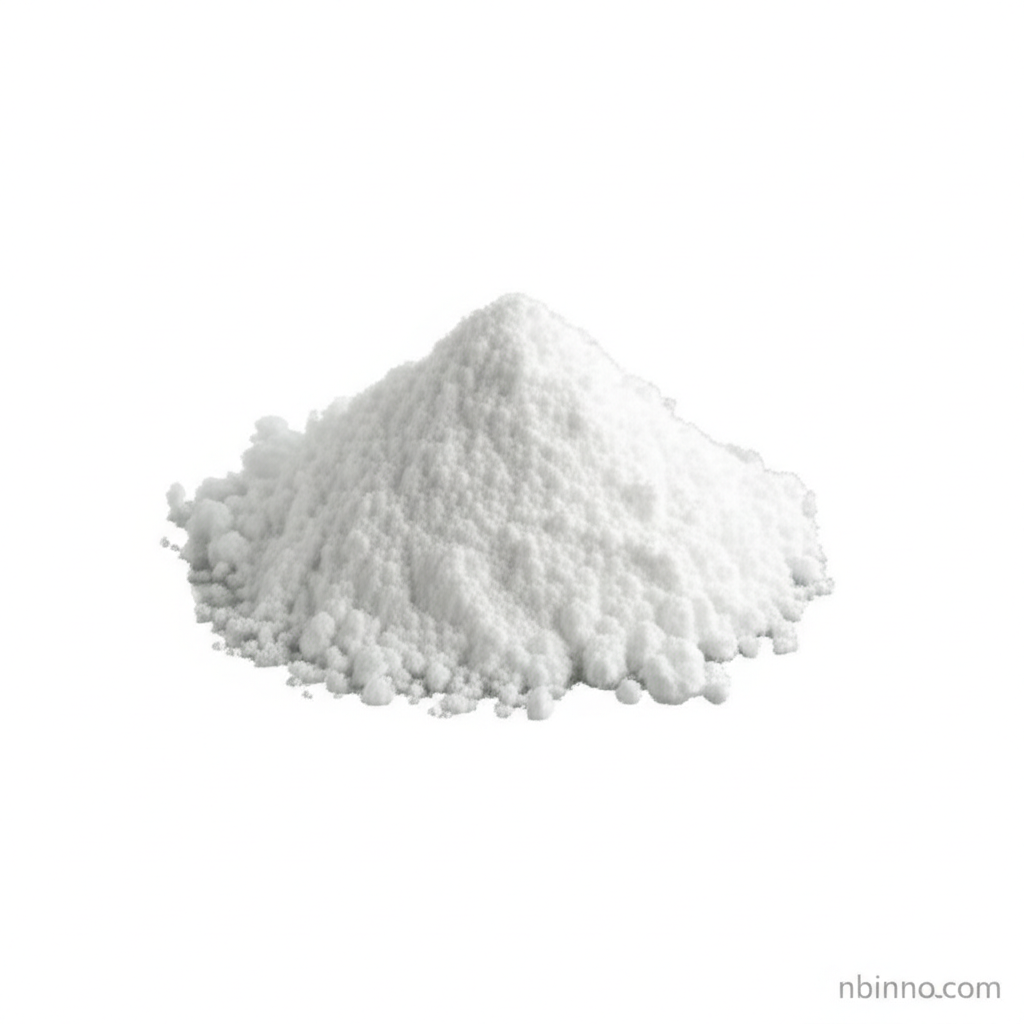Silibinin: A Comprehensive Review of its Hepatoprotective Effects and Novel Delivery Strategies
Explore the science behind silibinin's liver-protective capabilities and advanced delivery methods.
Get a Quote & SampleProduct Core Value

Silibinin
Silibinin, the primary active component of milk thistle extract, is a powerful hepatoprotective agent. It combats liver damage through its antioxidant, anti-inflammatory, and antifibrotic mechanisms, making it a key player in managing various liver conditions. While challenges with its poor bioavailability exist, novel delivery strategies are significantly enhancing its therapeutic potential.
- Silibinin's potent antioxidant properties help protect liver cells from damage caused by free radicals, a critical factor in alcoholic liver disease (ALD).
- Discover how silibinin bioavailability enhancement is being achieved through innovative formulation techniques, improving its therapeutic efficacy.
- Explore the advancements in silibinin nanoparticle delivery, offering a promising approach for targeted and sustained release in liver treatment.
- Learn about the clinical evidence supporting alcoholic liver disease treatment with silibinin, showcasing its role in disease management.
Key Advantages
Enhanced Liver Protection
Silibinin's multifaceted action, including its antioxidant properties, significantly guards liver cells against toxic insults and oxidative stress, crucial for managing liver diseases.
Improved Bioavailability Solutions
Addressing the challenge of poor oral absorption, silibinin bioavailability enhancement strategies, such as novel delivery systems, are making this compound more accessible for therapeutic use.
Targeted Therapeutic Delivery
Advancements in silibinin nanoparticle delivery offer a route to targeted and sustained release of silibinin in the liver, maximizing its therapeutic impact while minimizing systemic exposure.
Key Applications
Hepatoprotection
Silibinin's primary role lies in protecting the liver from various forms of damage, including that induced by alcohol and pharmaceutical toxins, as supported by research on alcoholic liver disease treatment.
Antioxidant Therapy
As a potent antioxidant, silibinin combats oxidative stress, a key factor in the pathogenesis of many liver disorders, including drug-induced hepatotoxicity, as explored in the context of paracetamol induced hepatotoxicity treatment.
Anti-inflammatory Action
The silibinin anti-inflammatory properties contribute to its efficacy in managing liver conditions characterized by inflammation, making it a valuable therapeutic agent.
Enhancing Drug Efficacy
Through advanced delivery systems, silibinin's therapeutic potential is amplified, demonstrating its role in improving treatment outcomes for liver diseases and related conditions.
